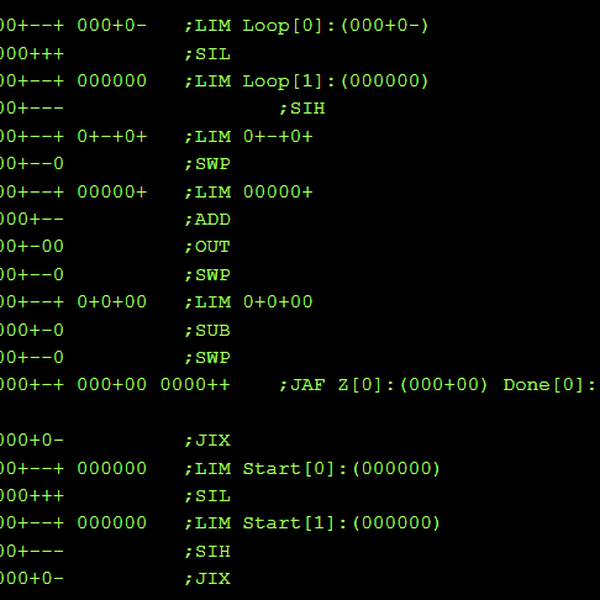
Pineapple ONE | Details | Hackaday.io
Almost every electronics device uses some kind of a microcontroller nowadays. The thing is, that these chips can be very complicated, and even though you can buy them very inexpensively (like Arduino for example), I've still wanted to take a deeper look into them and understand their inner workings. I soon realised, that I have only a few options to do that:
I discovered Ben Eater's homemade CPU on Youtube and I was so mesmerised and almost immediately got to work. I've improved his design and built myself an 8 bit CPU too. This article is not about that one though. If you want to, you can check out my photos in this Twitter post. I may write another article about that someday.
At this point, I had a pretty good understanding of a really basic CPU, but for some reason, this wasn't enough for me. Shortly after that, I've stumbled across Robert Baruch's Youtube channel and he started working on a 32 bit RISC-V CPU, which also used just a basic logic components. I have done some research about RISC-V and found out, that it is completely open-source and well documented.
Me being me, I started making my own RISC-V CPU implementation in a program called Logisim-Evolution. Again I set my goal not use ANY microcontrollers or FPGAs in my build - just basic discrete logic components. So, what exactly am I going to build? I needed to NOT set too a high goal for myself, so I would be able to finish this project in *relatively* short time (Is 2yrs short enough? :-) ). The most basic RISC-V CPU, that is supported by compilers, must include the extension "I" (Integer) and it must be at least 32 bit. So now I had all the information I'm going to need, so it was time to start building. Oh, and did I mentioned that I was going to put a VGA output card on as well? (VGA card inspired by Ben Eater; https://eater.net/vga)


_social_media.jpg)

















